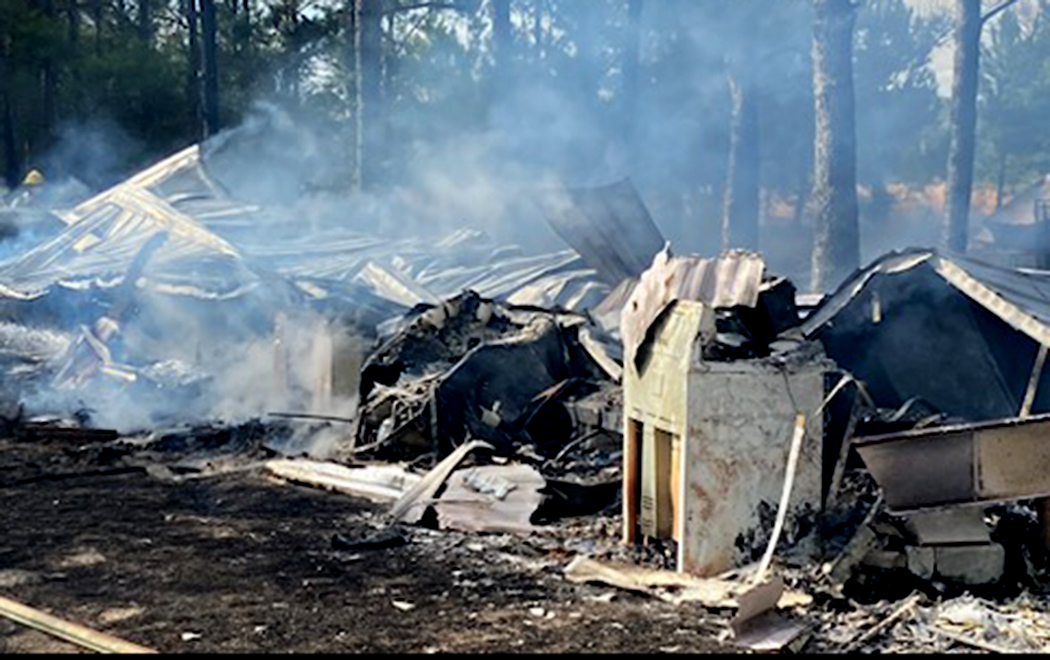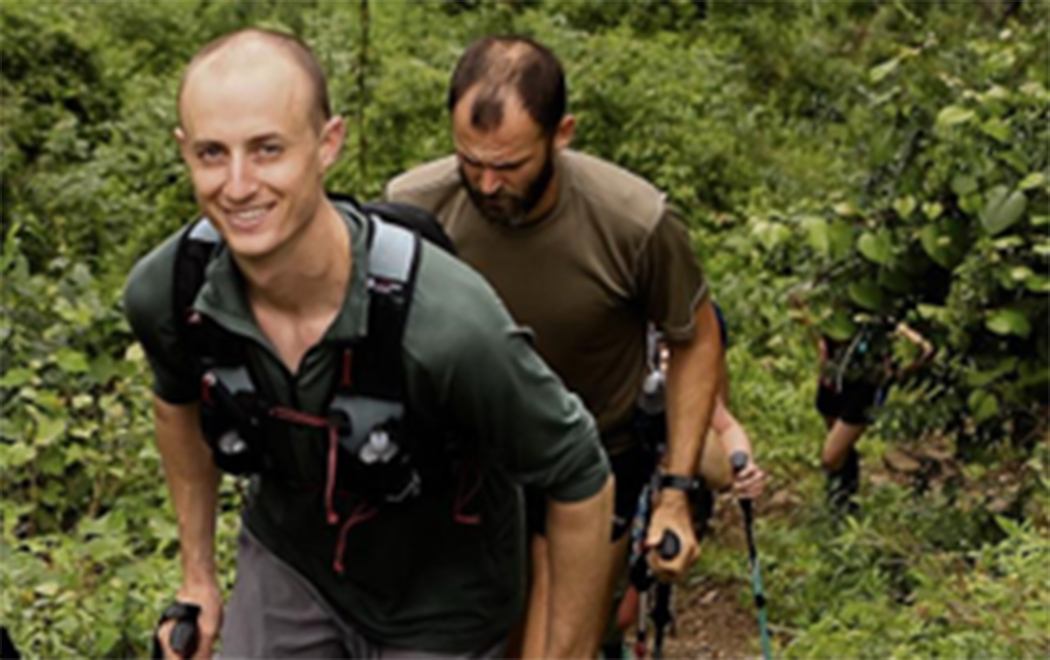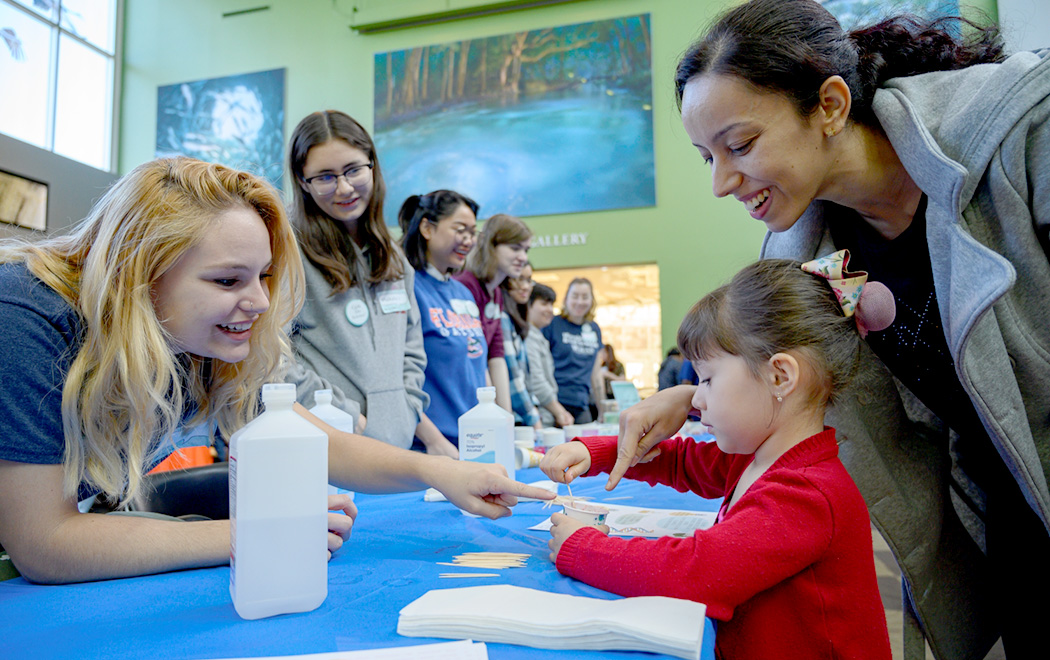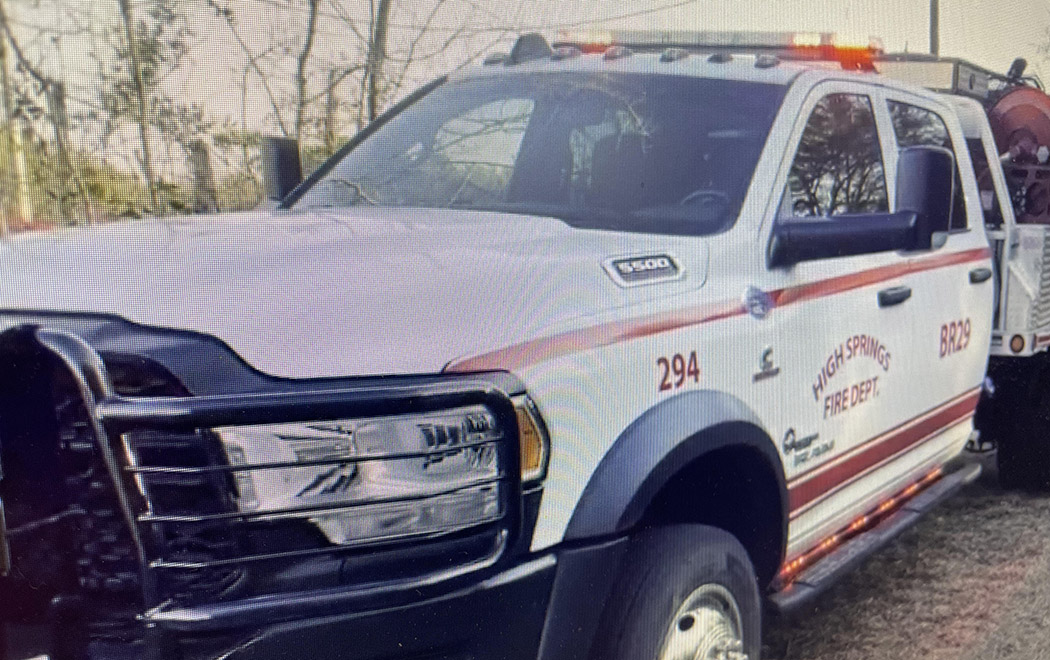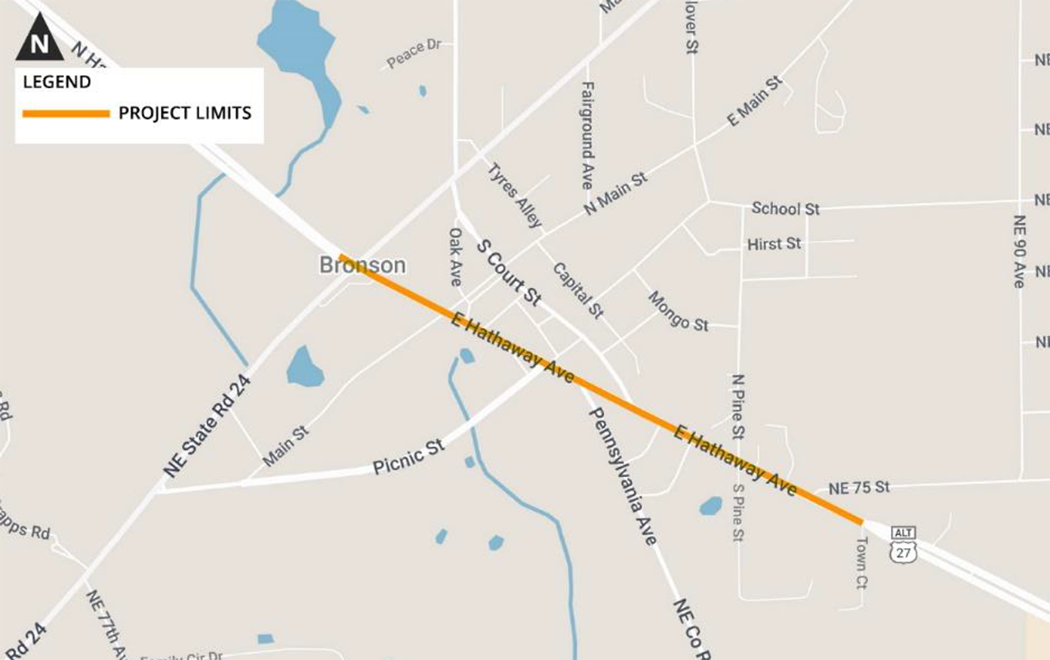
Life Story of Buddha, Shakyamuni, Tibet; 19th century, Pigments on cloth, Rubin Museum of Art, Gift of Shelley and Donald Rubin, C2006.66.164 (HAR 157)
GAINESVILLE, FL, Feb. 6, 2024—The Harn Museum of Art at the University of Florida is presenting Gateway to Himalayan Art, a traveling exhibition organized by the Rubin Museum of Art that introduces the main forms, concepts, meanings and traditions of Himalayan art and cultures. The exhibition features 110 objects from the Rubin Museum’s collection as well as multimedia elements—audio, videos, essays, maps and more—from the Rubin’s recently launched educational initiative, Project Himalayan Art, a resource designed to support the inclusion of Tibetan, Himalayan and Inner Asian art and cultures into undergraduate teaching on Asia. The exhibition will be on view from Feb. 13 to July 28, 2024.
“The Harn is the only Southeastern US venue for the exhibition,” said Harn Museum of Art Director Dr. Lee Anne Chesterfield. “We are excited to bring the exhibition and its extensive learning opportunities not only to our local and academic audiences but to be a draw for new visitors within Florida and those who live beyond the state.”
Gateway to Himalayan Art, which is modeled on the Rubin Museum of Art’s cornerstone exhibition of the same name, invites visitors to engage with the art and cultures of the greater Himalayan region—Indian, Nepalese, Bhutanese, Tibetan—and the interrelated Mongolian and Chinese traditions. Much of Himalayan art is informed by Buddhist, Hindu and indigenous religions, and images play a prominent role in cultural practices.
The exhibition explores the fundamental visual language and meanings of Himalayan art, the materials and techniques used, and the purposes for the creation of these objects, often in the context of religious and secular well-being. Gateway also includes voices from Himalayan artists and contemporaries, along with connections to related digital content to expand visitors’ knowledge of the works of art on view.
The exhibition features traditional scroll paintings (thangka), sculptures in various media, medical instruments and ritual objects. Among the featured installations are in-depth displays that explain the process of Nepalese lost-wax metal casting and the stages of Tibetan thangka painting.
Gateway to Himalayan Art is an integral component of the Rubin Museum’s Project Himalayan Art, a three-part initiative that also includes the publication “Himalayan Art in 108 Objects” and a digital platform, a hub for the study of Himalayan art. Together they provide introductory resources for learning about and teaching Himalayan art, with focus on cross-cultural exchange with Tibet at the center, and Buddhism as the thread that connects these diverse cultures.
For more information visit www.harn.ufl.edu/gatewaytohimalayanart. Admission is free.
Programs
The Harn will offer programs related to the exhibition that are free and open to the public. Some highlights include:
Curator Talk and Exhibition Celebration at Art After Dark
Thursday, Feb. 29, 6 p.m.
The organizing exhibition curator, Elena Pakhoutova, Senior Curator of Himalayan Art, Rubin Museum of Art, will discuss Storytelling in the Himalayan Cultural Sphere. After the talk, visitors can browse the exhibition while enjoying musical entertainment, light bites and wine.
Museum Nights
Thursday, March 14, 6 – 9 p.m.
Visitors will experience art and culture from the Himalayas through tours and activities related to the exhibition. This is an ongoing program made possible by the generous support of UF Student Government and the Office of the Provost. Sponsored in part by the State of Florida through the Division of Arts and Culture and the National Endowment for the Arts.
Museum Days
Thursday, March 30, 1 – 4 p.m.
Participants of all ages are invited to take a family-friendly tour of the exhibition and join in an art activity.
Harn Eminent Scholar in Art History (HESCAH) Talk
Of Mothers, Wives, and Goddesses: Looking for Women in the Art of the Himalayas
Thursday, April 18, 6 p.m.
Speaker: Dr. Jinah Kim, George P. Bickford Professor of Indian and South Asian Art, Harvard University
Support
Leadership support for Project Himalayan Art is provided by the Henry Luce Foundation.
Project Himalayan Art has been made possible in part by a major grant from the National Endowment for the Humanities: Democracy demands wisdom.
This project was made possible in part by the Institute of Museum and Library Services MA-253379-OMS-23.
This project is supported in part by the National Endowment for the Arts.
Lead support is provided by the Ellen Bayard Weedon Foundation, Bob and Lois Baylis, Barbara Bowman, the E. Rhodes and Leona B. Carpenter Foundation, Noah P. Dorsky, Fred Eychaner, Christopher J. Fussner, the Estate of Lisina M. Hoch, Matt and Ann Nimetz, The Randleigh Foundation Trust, Shelley and Donald Rubin, and Jesse Smith and Annice Kenan.
Major support is provided by Daphne Hoch Cunningham and John Cunningham, Stephen and Sharon Davies, the Edward and Elizabeth Gardner Foundation, Mimi Gardner Gates, Hongwei Li, Max Meehan, the Monimos Foundation, Edward O’Neill, The Prospect Hill Foundation, Sarah and Craig Richardson, Rossi & Rossi, the Andrew Sabin Family Foundation, Namita and Arun Saraf, Eric and Alexandra Schoenberg, Eileen Caulfield Schwab, UOVO, Sandy Song Yan, and the Zhiguan Museum of Art.
This exhibition is sponsored locally by the generous support of Ken and Laura Berns; Visit Gainesville, Alachua County; and other generous donors.
Special Support for Project Himalayan Art is provided by:
Dr. Bibhakar Sunder Shakya, to honor the memory and legacy of Professor Dina Bangdel, art historian, curator, cultural activist, and educator from Nepal.
Samphe and Tenzin Lhalungpa, to honor the memory and works of L.P. Lhalungpa, Tibetan scholar, broadcaster, and educator.
# # #
Email editor@
alachuatoday.com


